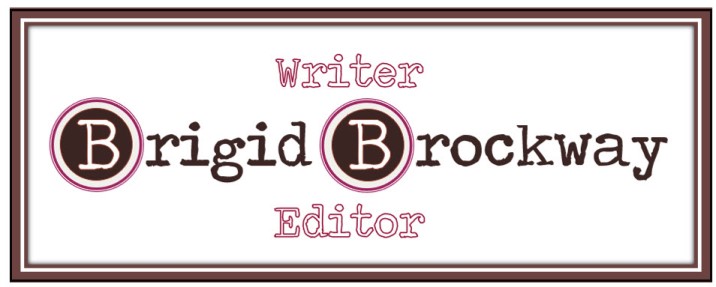Sometimes we find hope in really unexpected places. Today I'm finding it on Lip Sync Battle.
Because here's the funny thing about clothes: this getup is feminine now, but back in the Victorian era, it would have been scandalous or even blasphemous for a woman to wear clothes like that - even under her nine layers of shifts and petticoats and skirts. It was utterly unacceptable for a woman to wear any sort of bifurcated undergarment then - might have turned her manly - might even have turned her wanton. Queen Victoria herself wore crotchless underwear.
The outward trappings of gender in our society are as nonsensical as they are arbitrary as they are mercurial. A man can't be a man if he wears a skirt, unless it's a kilt, in which case it's okay, but only if he's Scottish. But Scots have been wearing kilts a lot less long than Braveheart would have you believe. The knee length pleated skirt we associate with Scotsmen today only became acceptable in the 18th century; before that, a kilt was a full length garment. But that garment dates only back to the 16th century - before that, men wore pants.
Today many, if not most Americans see makeup as a thing women should wear, and a thing men should not. But women in America didn't really start wearing makeup until the 1920s. In the early 20th century, the only place a person could buy makeup would be a theatrical costume store. In Europe from the Renaissance on, men often wore makeup to appear more aristocratic - pasty skin was a status symbol because it showed that a guy had so much money he didn't need to work outdoors. Men and women have been wearing makeup for 6,000 years, and only in the last century did makeup become associated with women and women only.
I always find it funny when people use religion to justify a hatred of cross-dressing. Sure, the Bible condemns men who dress like women, but when the Bible was written, dudes wore dresses. If you want to dress like a man dressed back in ancient Israel, you've got to dress like a lady. According to Deuteronomy, God detests dudes who don't wear dresses. And what's absolutely bonkers is that here in the 21st century, people are murdering trans women by the thousands all over the world just for failing to wear articles of clothing that didn't even exist when their holy book of choice was written.
What I'm getting at is that rules about how women and men are supposed to look on the outside are arbitrary, mutable, and utterly pointless. But the good news is that we don't have to conform to these pointless rules. And the more young male action stars who say "fuck it, I'm wearing the bustier," the easier it gets for all of us. For trans men, and gender queer people, gender non-conformists and women who can't stand pantyhose and little boys who like the way their nails look when they're painted. For people who just want to look on the outside like what they feel on the inside.
I dunno, maybe I don't know what I'm talking about. I just know my life got a lot better, my self-esteem got a lot higher, when I realized I was under no obligation to try to look "like a girl." And I really value celebrities who are willing to refuse to conform. From Alicia Keys refusing to wear makeup to Alexander Skarsgard dressing in drag to Diane Keaton and her four decade love affair with men's suits. To say nothing of heroes like Laverne Cox to Lana and Lilly Wachowski to the late Alexis Arquette who have chosen to be their true selves with the judging eyes of the world on them.

